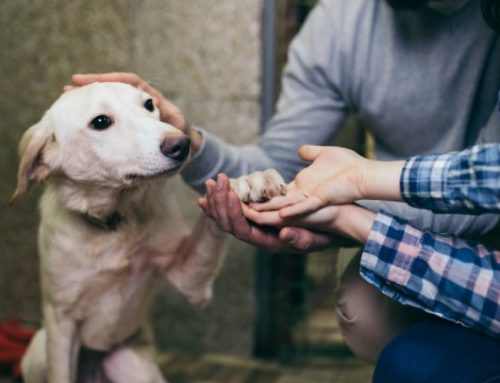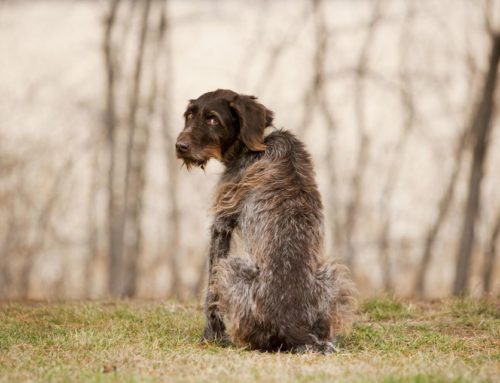Understanding dog behaviour
The way a dog behaves depends on the dog’s age, breed (or type), personality and past experiences. Make sure your dog is able to behave normally.
Our top tips to help your dog behave normally
-
Choose a type and size of dog that is suited to you, your home and your lifestyle.
- Train your dog from an early age to behave well using rewards. Training a dog using rewards will help them learn to behave appropriately and make them easier to control. Good training can enhance a dog’s quality of life and your relationship with them. Find out more about establishing a good relationship with your dog.
- Teaching your dog where to toilet is really important.
- Never shout at or punish your dog. Your dog is very unlikely to understand and can become more nervous or scared. If your dog’s behaviour becomes an ongoing problem, seek expert advice.
- Frightening experiences and punishment can lead to behaviour problems and suffering. Be consistent in the way you, your family and friends react to your dog.
- A dog needs regular exercise and plenty of opportunities to walk and run. Exercise your dog regularly to keep them fit, active and stimulated. Give your dog the opportunity to run every day, unless your vet recommends otherwise.
- Dogs are playful, sociable animals. Give your dog safe toys and regular opportunities to play with people or other friendly dogs. Make sure they have enough to do so that they don’t become distressed or bored.
- A dog must be able to avoid things that scare them. Give your dog constant access to a safe hiding place where they can escape when they feel afraid.
- Be observant. If your dog’s behaviour changes or they show regular signs of stress or fear (such as excessive panting, licking lips, hiding, cowering, aggression), seek advice from a vet or clinical animal behaviourist. They could be distressed, bored, ill or injured.







Leave A Comment
You must be logged in to post a comment.